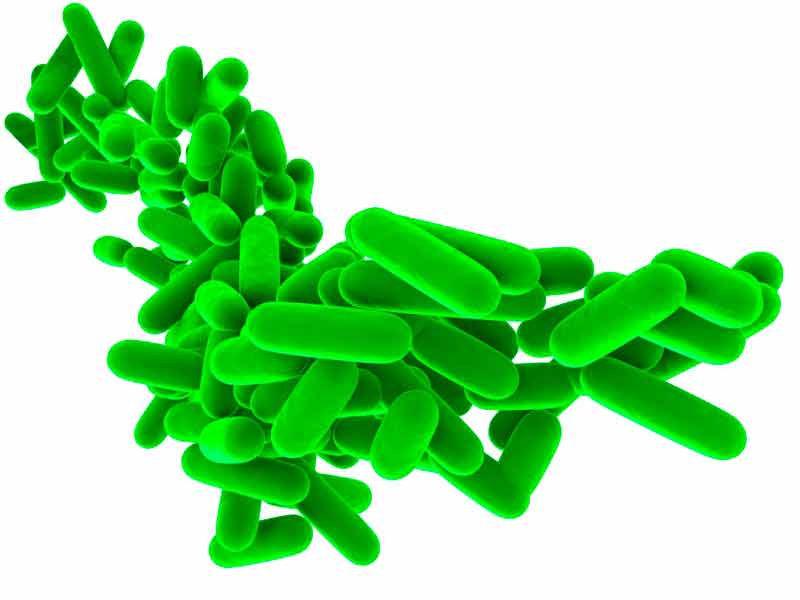What are Probiotics? Definition &Meaning
What are probiotics? What does the word probiotic mean? How does the World Health Organization, Biology online, and other dictionaries define probiotics? Read on to learn more plus FDA recommendations and a brief history of how the word probiotics originated.
Probiotics Definition: What is a Probiotic or what are Probiotics?
How are are probiotics defined? Learn how WHO, biology online and other dictionaries describe this term

Probiotics definition World Health Organization
There are other more definitions of the term probiotic(s) that have brought about debates but basing on the available information and scientific evidence a consensus definition was adopted after a joint Food and Agricultural Organization of the United Nations and World Health Organization expert consultation. In October 2001, this expert consultation defined probiotics as: “live micro-organisms which, when administered in adequate amounts, confer a health benefit on the host”. This is the internationally endorsed definition of probiotics.
Biology Online -Defines probiotic as a general term for a substance that promotes the growth of microorganisms
Medinecine.net defines probiotic as a microbe that protects its host and prevents disease.
According Merriam Medical Dictionary (in conjunction with MedlinePlus) probiotic is a noun and it is defined as a preparation (as a dietary supplement) containing live bacteria that is taken orally to restore beneficial bacteria to the body; also : a bacterium of such a preparation.
The Encarta Dictionary defines probiotic as a substance containing beneficial microorganisms: a substance containing live microorganisms that claims to be beneficial to humans and animals, e.g. by restoring the balance of microflora in the digestive tract.
According to Oxford, as an adjective,the word probiotic denotes a substance which stimulates the growth of microorganisms, especially those with beneficial properties (such as those of the intestinal flora)
So, what does probiotic mean? The word probiotic is used to identify ingested microorganisms likely to produce beneficial effects to humans and other animals. Probiotics are sometimes are referred to as gut microflora, friendly germs/bacteria or good bugs.
Probiotics History: Background Information
The root of the word probiotic comes from the Greek word pro, meaning “promoting” and biotic, meaning “life.” The name probiotic is said to mean “for life”: pro + bios = “for life”. The beginning of the probiotics concept is credited to Nobel Prize recipient Eli Metchnikoff. In the year 1907, Eli put forward that “the dependence of the intestinal microbes on the food makes it possible to adopt measures to modify the flora in our bodies and to replace the harmful microbes by useful microbes”. Probiotics in Spanish are called probióticos
Probiotics FDA
What does the US Food and Drug Administration(FDA) say or recommend on probiotics?
FDA neither have a governing definition of probiotics nor a central office that is solely allocated to handle probiotics.
In the year 2005, Julienne Vaillancourt, a member FDA’s of CBER (Center for Biologics Evaluation and Research) disclosed in a presentation that the term probiotics has no standard definition.
FDA uses alternative terms to define probiotics for regulatory purposes. Live microbes or probiotics, particularly those intended for animals are referred to as direct-fed microbials. Microbes intended for human use are referred to as live biotherapeutics. It is not just in the United States that probiotics lack a legal definition, it is all the same in other countries.
Points to Note:
- A probiotic is not just any microorganism but mostly Bacteria and Yeast
- Never should you confuse probiotics with prebiotics. Prebiotics are complex sugars (such as lactulose, lactitol, a variety of fructo-oligosaccharides and inulin) that are used as fuel by the healthful bacteria to stimulate their growth and activity while suppressing the growth and activity of harmful organisms. [Healthline.com]